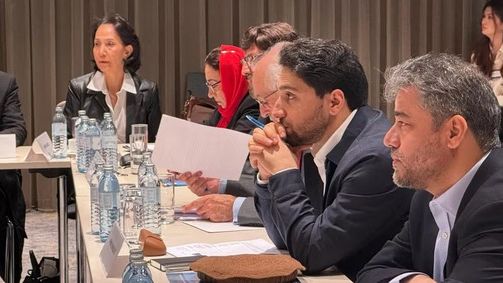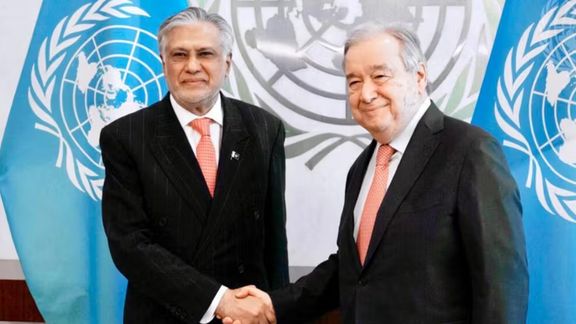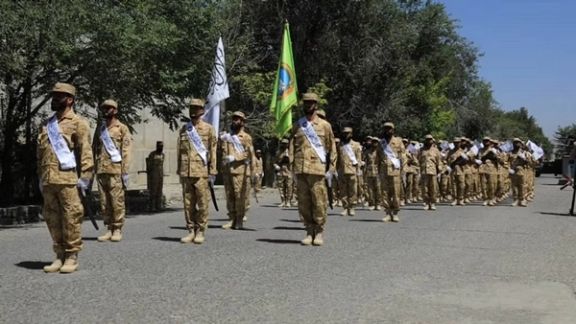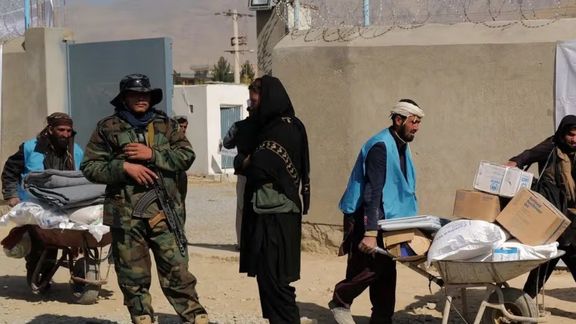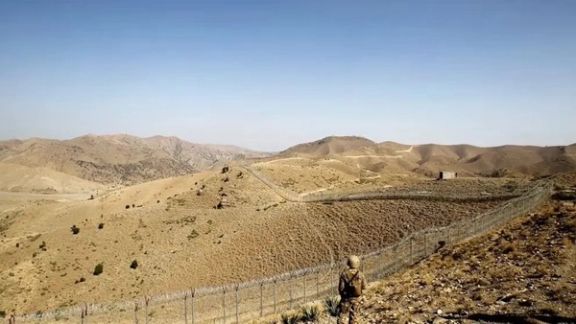During a meeting with UN Secretary-General António Guterres in New York, Dar emphasised the need for international assistance in addressing security threats originating from Afghan territory.
In a statement released on Wednesday, Pakistan’s Ministry of Foreign Affairs confirmed that Dar raised concerns over terrorism in Afghanistan and sought UN support in countering militant groups operating within the country.
The Pakistani Foreign Minister also reaffirmed Pakistan’s commitment to providing humanitarian aid to millions of impoverished Afghans and supporting economic development through infrastructure and communication projects linking Central Asia with Pakistan.
Dar further reiterated Pakistan’s dedication to global peace and security as a non-permanent member of the United Nations Security Council. In response, Guterres expressed gratitude for Pakistan’s active engagement in the UN, particularly its contributions to peacekeeping operations.
Dar’s appeal comes amid an escalation in attacks by armed groups, particularly the Tehreek-e-Taliban Pakistan (TTP), following the Taliban’s return to power in Afghanistan.
Pakistani officials have repeatedly claimed that these groups have acquired military equipment left behind by NATO forces and are operating from Afghan territory. The Taliban, however, has dismissed these allegations, insisting that the activities of Pakistani militant groups are Pakistan’s internal issue.
Previously, Pakistan’s Dawn newspaper reported that while the Afghan Taliban maintains that Afghan soil is not being used against any country, a UN report confirmed that the Taliban has provided logistical, operational, and financial support to the TTP.
According to the report, the Taliban has offered financial assistance to TTP leaders and facilitated the establishment of new training centres for the group’s fighters in the provinces of Kunar, Nangarhar, Khost, and Paktika.
On 24 December 2024, the Pakistan Army carried out airstrikes in Paktika, targeting alleged TTP hideouts. The Taliban later reported that at least 46 people were killed in the attacks.
